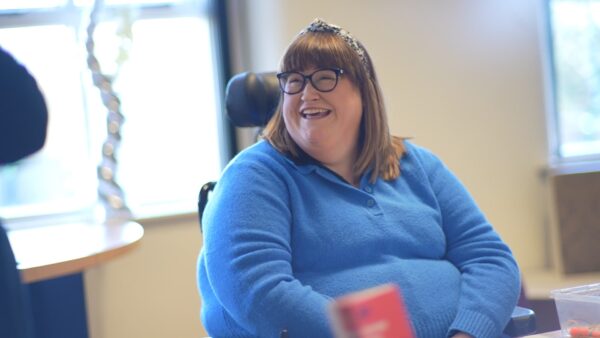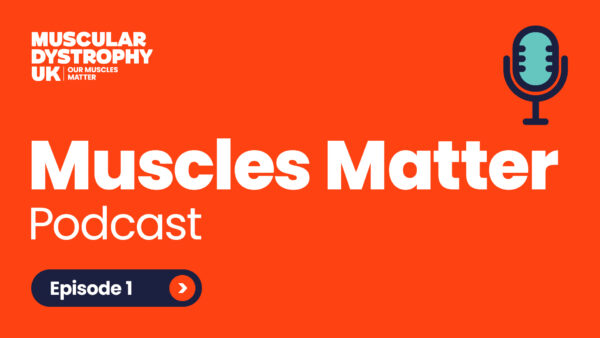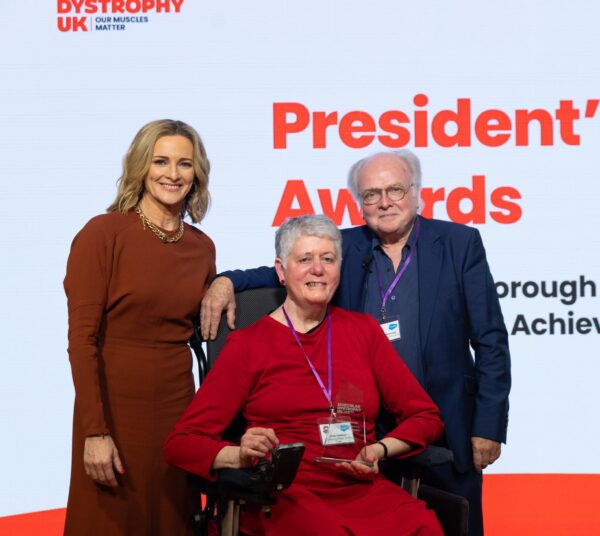Get the latest news, inspiring stories, upcoming events, and valuable support services delivered straight to your inbox.
By using the term ‘National Disability Strategy’ the Government has given the impression that this document is a long-term vision for how disabled people’s lives will be transformed. However, there are no transformative plans to overcome the vast inequalities that the Government has acknowledged disabled people experience on a daily basis. Many of the actions and commitments are very welcome and could improve the lives of disabled people. We are pleased to be working with the Government to help deliver its £30m fund to install Changing Places toilets in hundreds of existing buildings. We are also pleased to see the commitment to ensure companies report workplace disability figures as well as actions to improve public transport. It is vital these – and other commitments – are delivered in full and Muscular Dystrophy UK will continue to hold the Government to account. Finally, we hope that future UK National Disability Survey questions and language used to ask them are reviewed in full, as well as how the surveys are promoted to disabled people.



